Story Movie
![Three Colors: White 4K 1994 FRENCH Ultra HD 2160p]()
After the divorce, the Polish migrant plans how to get even with his ex-wife.
Review 4K Movie
"White" is the last "Polish" film by Krzysztof Kieslowski and, perhaps, the most unexpected picture of the classic. Keslevsky always presented himself as anything - sympathetic, sad, deep, piercing - but only not ironic and not making fun of his heroes. All this is partly true, if the tenth, final, short story "The Decalogue" did not exist, with which the second film of the "color" trilogy in many respects very strongly resembles. Another film by Kieslowski, with which one would like to mate "White" is the first, after moving to France, the picture "The Double Life of Veronica", where he seems to mourn for his homeland, projecting the bitter fate of the Polish heroine on the fate of the whole country, in contrast to the much more optimistic outcome for the French heroine.
Here, as it is not difficult to guess, two countries, significant for the director, appear again. The hero Karol Karol is married to a beautiful French woman. Once he was a talented and successful Polish hairdresser, who met the angelic Dominik at one of the competitions. After the wedding and moving to the West, poor Karol has a very strange ailment with a patriotic flavor: his potential, both creative and sexual, completely leaves him outside Poland. And if Dominic can still put up with the first, then the second young woman takes much worse and files for divorce. Unable to connect even two words in French, Karol, bursting into an angry tirade about the dubiousness of the principle of equality (which on the flag of France just symbolizes white), loses the court.
Having found himself with two francs in his pocket and without a passport, Karol with grief in half and with the help of a mysterious compatriot in a suitcase is transported home, where he hatches a cunning plan of revenge on his traitorous wife and enters into businessmen in the style of the 90s. And (lo and behold!) In his homeland he has more and more than it turns out - money sticks to his hands, his hairdressing talent is in demand, and again there is a taste for life. Poland in the early 90s is becoming a rather unattractive country for life. With only one remark: impossible for a Westerner. A country where everything can be bought and where ordinary laws sometimes do not apply. The episode with the purchase of a corpse, which is kindly provided by Russian colleagues, looks especially ironic. White, for example, meets Karol in the first frame of his stay in his homeland. Only what seems clean and light turns out to be, in fact, a city dump, where enterprising airport workers brought the "borrowed" suitcases of passengers. The director scoffs at the symbolism of color at a moment when from the stereotypically seeming symbols of peace and purity of doves to poor Karol right on the stairs to the house of justice (and declared equality) a white substance, which clearly does not smell of anything good, falls. The director himself admits that the problem of equality he raises is not in a political or social context (where Europe, with reservations, has achieved success), but in a universal human context. Everyone does not want to be equal, but only to become more equal, better than others. The greatest humanist of European cinema at the end of the twentieth century, it turns out, can look at his heroes with a slight reproach and even make fun of them. On the other hand, it is difficult to find many more films that better reveal the secret of the “mysterious Slavic soul”.
The undoubted advantage of the picture is its cast, which is very indicative. Zbigniew Zamakhovsky, who played the role of double Karol (French and Polish), had previously played with Krzysztof in the monumental Decalogue. His appearance was in the most cheerful and life-affirming, tenth episode. There Zbigniew played an enterprising musician who, as unexpectedly as he was here, was the owner of great wealth. And the role of his brother was played by none other than Jerzy Stuhr, who played ... Karol's brother in "White". The latter can be confidently called the director's favorite actor - there are as many as five (formally six) films in their total filmography. Jerzy's intelligent and gentle manner of acting was the best fit for Kieslowski's directorial style at all stages of his creative flight. Immediately I remember the magnificent image created by the actor in the early and largely autobiographical, as well as the kindly jury of the Moscow International Film Festival "Kinolyubitele". There is something nostalgic in the selection of other actors, because in one episode with the purchase of a house outside the city, Pan Stas briefly appears in the frame - a very touching minor character of the same "Filmmaker". Frenchwoman Julie Delpy plays her part in a slightly detached manner, which contrasts favorably with the emotional Polish actors. It is interesting that at the end of the film she will find herself in the same situation in which Karol found herself in court - only now the representative of the authorities speaks to her in Polish, but she does not understand a word and looks around in confusion. The story loops itself, thereby acquiring, despite its tragicomic form, additional depth. After all, everyone can be incomprehensible and less equal in the world around him, everything depends only on the current situation.
Back in the days of the Decalogue, Pan Krzysztof fell in love with the technique by which he linked separate stories with a common character (there, in each novel, there was a boy on a bicycle, dispassionately observing the key episodes of the story). There is such an episode in "White", when Juliet Binoche from "Blue" invades it - a mirror episode is, by the way, in the first film of the trilogy. But with "Red" (in addition to its ending, which unites all the episodes of the three-tiered story), there is a connection only at the script level. At the very beginning of "Red" in a telephone conversation, the girl is told about an unpleasant story with a car theft in Poland. And also that some kind guy sheltered unlucky travelers in his office. This kind guy was exactly Karol Karol. And there is such an episode in the script for "Bely". But, unfortunately, this episode was never included in the film.
It seems that the director deliberately moved away from his jewelry style, perfectly honed in "Blue" and tested again in "Red" - films traditionally considered the best episodes of the trilogy. And, it seems, he does not regret it at all. It is not just that the action of each film, as well as its shooting, takes place in different countries - France, Poland and Switzerland. One can try to compare the dissimilarity of films to each other with the psychological portrait of each country. And if France is a country of arts, cabaret and love, and Switzerland from "Red" is a country of law, calm old age and loneliness, then Poland is, first of all, native to its hero, and at least a little slack and unreliable, but life there beats key, and her main wealth is people. Sincere, who know how to be friends until the last shot, love until the last breath, drink until felting on the ice, and laugh and sing songs at the top of their lungs. Unspoiled by European pragmatism, and, with truly Slavic carelessness, capable of accepting both any luck and bitter annoyance.
This is also this film - at first glance, it seems a little out of sync with the general context and style of the trilogy. This, probably, was the reason that at the Berlin festival "Bely" received only one prize (Silver Bear for directing) - in contrast to "Blue", caressed by the sun of Venice and marked by a heap of various nominations for "Red". Even the "oriental" theme, traditionally well-received in Berlin, did not outweigh the overestimated and, perhaps, incorrect, expectations of the festival audience.
Even the work of the composer, and that here was as if deliberately simplified, and instead of the piercing sketches of Preisner and the melodies of the mystified Van Budenmeier, we only have Karol dragging on a folk song, using his working instrument instead of a harmonica - a comb. It turns out very original, memorable, and most importantly, fits into the concept of "imperfection" of the film.
On the other hand, despite its hilarious form, this is perhaps the most personal film in the career of Krzysztof Kieslowski (after, perhaps, Film Lover). Having left for France, changing the language of the heroes of his films and the nationality of the actors, in his heart he remained the same Krzysztof from the city of Lodz. He started as a talented documentary filmmaker who resisted with all his essence the whims of socialism in relation to people of art, replacing the direct and undisguised documentary of his cinema with allegorical artistry, which, in the end, led him to a much freer France for the realization of creativity, where he received world recognition. But even this did not change his essence and the search for “his” imperfect Poland. Here she is, the mysterious Slavic soul of a genius who lived very close to us.
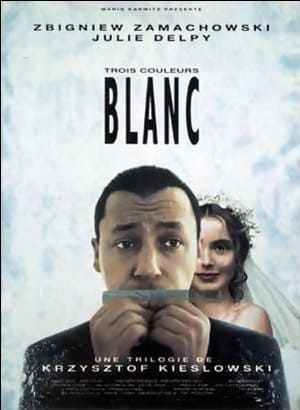


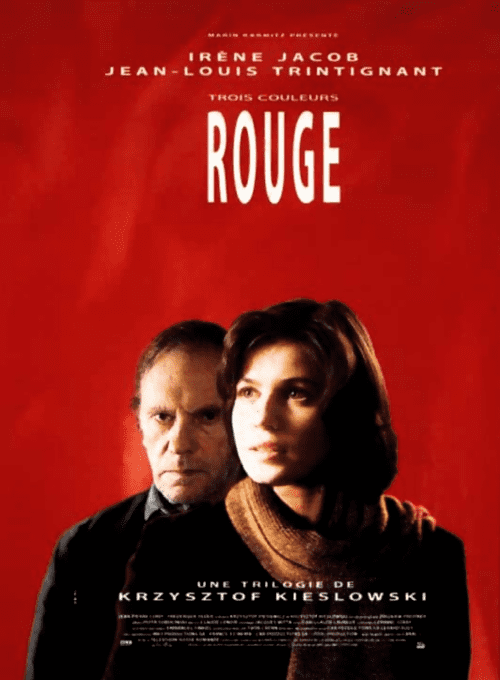 [/full-link]
[/full-link]
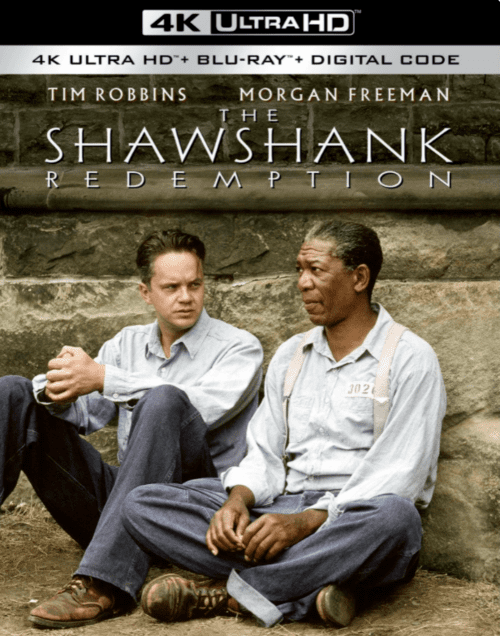 [/full-link]
[/full-link]
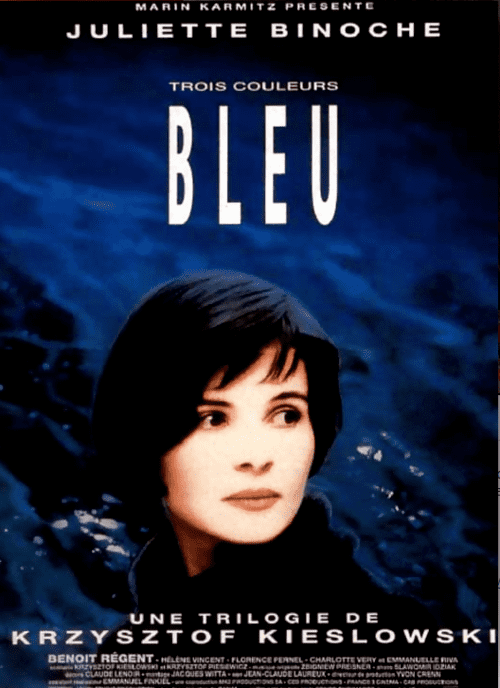 [/full-link]
[/full-link]
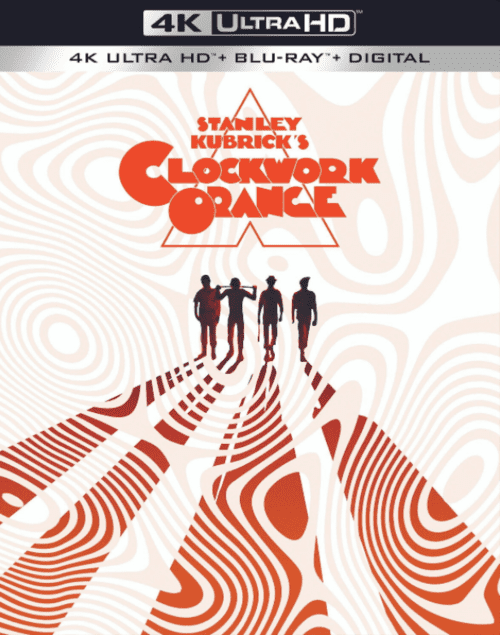 [/full-link]
[/full-link]
